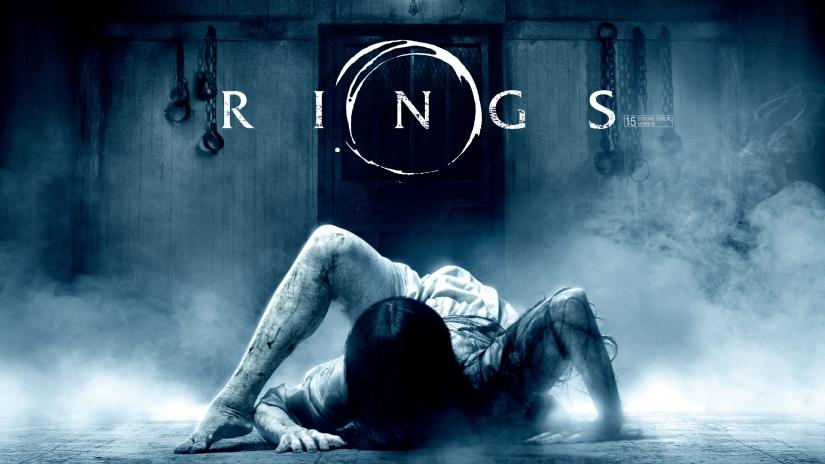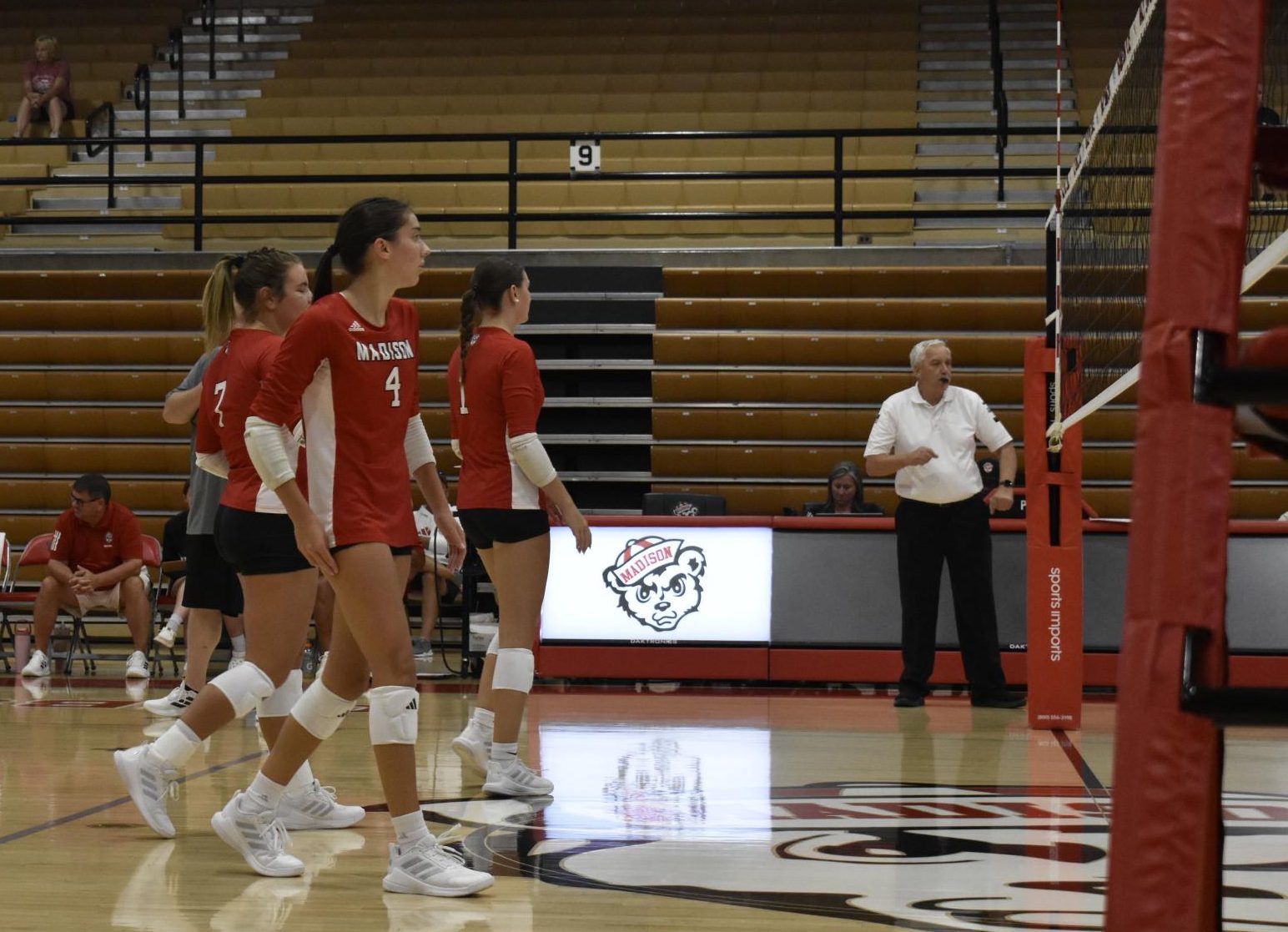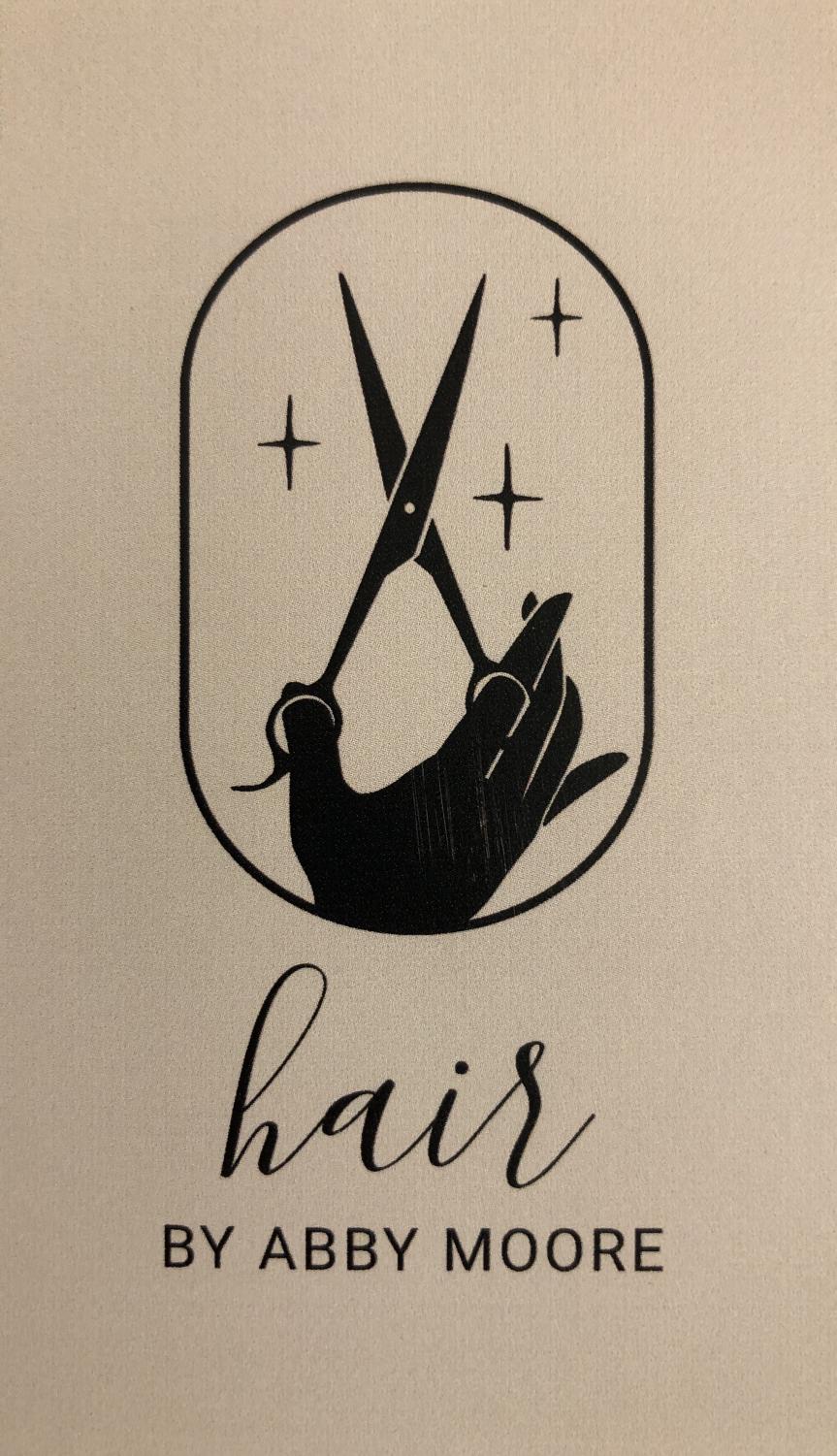Rings and Reboots: How to Successfully and Unsuccessfully Relaunch a Film Franchise
March 14, 2017
On February 3 2016, Rings, the return of the iconic Ring horror franchise that became a cult classic on its release then flopped on its face in the sequel, hit theaters to mediocre reviews, a poor reception, and some truly outraged fans. I was one of the admittedly few that saw Rings on its opening weekend, and in short, it was a bad movie. I could go on and on about the many technical and fundamental failings of the movie, but those of you that are going to read were probably not going to see it anyway, and anything I saw wasn’t going to inform you of any more reasons for you not to see it.
So, all you need to know is that it was a poor movie; it’s probably about a two or three out of 10. I thought, however, that Rings posed a more interesting note than simply something to tear apart. It demonstrated how to absolutely NOT relaunch an intellectual property (IP).
We’ve been pretty spoiled on relatively successful movie relaunches recently, two very popular and overall successful examples being Jurassic World and Star Wars: The Force Awakens. This is a relatively recent development as it’s a common stereotype that sequels and reboots are generally terrible additions to good movies. I could give a plethora of examples here, but just imagine any movie sequel that came out in the last twenty years that you hated and use that as the example.
Good sequels, and more importantly good reboots, were scant back then. Now it feels like those are the only movies that come out anymore, and that a lot of new IP’s get trampled in the mix of popular reboots that always draw huge amounts of attention and excitement. Sequels and reboots are now more popular than new movies (most of the time), which is a stark contrast from movies from right around 2010 and back. So what makes these new sequels and reboots so well received comparably from old movies with the same reception? That’s where Rings comes in.
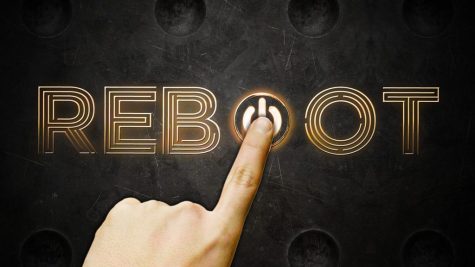
You see, Rings is the most recent and best example of how horribly a new movie reboot can be flubbed up. It’s more fundamental than just, “It’s bad.” It’s downright insulting. Being a fan of the original and sitting in that seat in the theater didn’t just make me feel shame for the makers, it made me feel betrayed, angry, and more than anything, insulted. It made me feel dumb for liking the original source material. It made me question my opinion of the original, and most of all, it made me feel so incredibly insulted that the filmmakers thought that it was an acceptable reboot of the original.
I can assure you that no more Ring movies are going to be made for a long time, and frankly I don’t want them to. That’s what makes Rings such a horrible failure in my opinion. At this point, you may be asking why. What could it have possibly done to be so bad?
Well, to be honest, it isn’t as terrible as I’m making it sound; it was below par if taken on its own raw merits. It is Rings automatic comparison to the original that makes it one of my most hated movies to come out last year, and it’s very hard to detach it from the comparison; many recent reboots and sequels have received the same treatment, and for good reason. By all rights, a reboot should be better or on par with its predecessor; it only makes sense.
As time goes by, and more movies come, creators get a greater sample size of what works, what doesn’t, and what people want from a movie, reboot, or sequel, and Rings seems to throw out all of those references and makes a trite, boring, sub-par movie. It takes so much from the original while somehow still completely missing the point. The result produced a film that’s a blurry, unfocused reflection of the original. It absolutely KILLS any legs the movie may of had to stand on. So what, exactly, did it mess up and misunderstand?
For starters, it’s almost the exact same plot as the original with a twist that gives the film the perception of being on a grander scale with some plot points shifted around. This isn’t the main issue. Force Awakens did this to success, making a film that mirrors the original, while trying to establish a new story and characters that doesn’t put people off. Admittedly it’s simple and unambitious, but it was effective.
Rings takes this idea and moves with it in the completely wrong direction, copying the last movie and doing it poorly. It makes a macabre mask out of the original. It felt like it was just dancing the corpse of the original around on the screen to invoke emotion and not from any merits of its own. The acting all around is worse. The presentation is worse. The effects are horrible. Most castigating, it seems to completely miss the point of the original. The original was simple with a simple set of rules. It was a concept more than a movie, really, and a concept that acts as an excellent skeleton to build off of. Rings decides to muddle the idea by over complicating it and breaking it. The rules are simple, watch the tape, and you have seven days until you’re murdered by a scary little girl, and the only way to stop yourself from dying is to get somebody to watch the tape and the cycle continues. It’s simple, but interesting: prey on the curiosity of people.
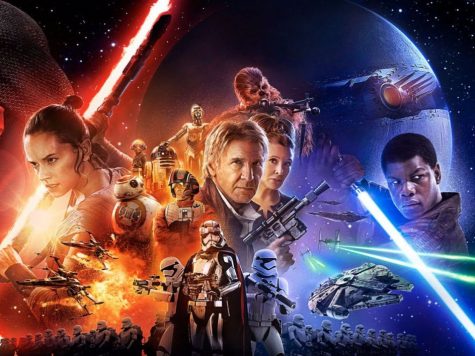
Rings decides to bring in MP4s and the idea of sharing it over the internet combined with the idea of several people being infected at once and subsequently creating a weird cult of sorts that passes this video around making it an endless cycle of people watching it out of enjoyment and curiosity. Then there’s this idea of a little girl just deciding that sharing the video just won’t work, and now you’ve got to go on this long quest to find her body and blah bla blah blah blah.
See how this complication of a simple idea ruins the interesting concept of the original idea? I understand that sequels and reboots need higher stakes, but that should never come at the cost of ruining the essence of the original. That’s what insulted me more than anything about Rings. The creators completely missed the point of Ring. It moves it from simply being a bad, forgettable movie, into being an insulting experience.
Finally, why does the failure of Rings relate to movies like Force Awakens and Jurassic World? Well, it shows how thin the line between good reboot, insulting reboot, and simply being a bad movie can be. I’ve used the word “felt” numerous times in this story. I felt this. I felt that. I felt betrayed. I felt angry. I felt insulted. Feelings are more important than anything for sequels and reboots, and simply is why some reboots and sequels do great and some don’t. Now, this seems obvious; of course good movies make you feel good, and bad movies make you feel bad. Please allow me to elaborate.
When you watch a good sequel or reboot, it does a lot of things for you as a viewer. It reminds you of all those good feelings you got when you saw the original for the first time. It makes you feel validated that a movie you liked so much got the time and care to receive a good sequel, and most of all, it takes you to an escape that you may have left and rekindles a love for a movie that you forgot you had.
A good reboot should give you a greater appreciation for the original. An example is Captain America: Civil War, the newest installment of the Avengers movie lineup and is commonly considered to be the best. When people think of the Avengers, they might often think of Civil War and gain a greater appreciation of the series while improving the enjoyment of all entire series.
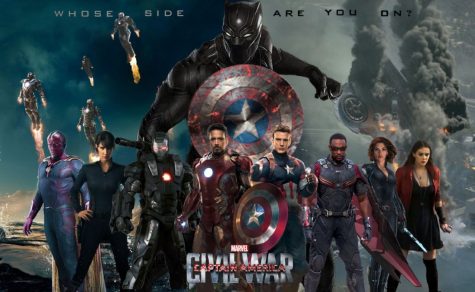
Then there are just plain bad movie sequels and reboots; this is where the movie would have been horrible if it was a reboot or not. These films may make you feel betrayed and angry, but you just forget about it because it’s so bad that is doesn’t hinder your enjoyment of the original in any way. It was just so bad that you don’t care.
An example is something like Batman and Robin, film considered one of the worst Batman movies ever. Yes, that movie misses the point of Batman, but if it was any other hero or new character in place of Batman, it would have been just as bad. It’s so bad you don’t really acknowledge it as being part of the original IP. When people remember Batman, they don’t think of Batman and Robin, they think of all of the amazing Batman movies like Batman ‘89 and The Dark Knight. Because Batman and Robin is so off base, it just doesn’t register as being in the same vein, and therefore, doesn’t ruin any of the enjoyment of the good movies.
Now the worst kind of movie sequel or reboot is the bad movie sequel. This kind of movie is the worst because it not only is it an unsatisfactory experience, but it also resembles the original piece just enough in style, execution, or scope that it’s hard to not think of both the good and bad movie. The very fact that it is only poorly executed makes it worse, as it makes a mockery of the former entry. That’s what makes it unforgivable. A perfect example besides Rings is Star Wars: The Phantom Menace. It’s a bad movie, but people usually exaggerate it to a comical extent.
At its root, Phantom Menace is just a boring, uninspired, poorly directed mess of a mediocre movie. But in the broader sense, it’s a boring, uninspired, poorly directed mess of a Star Wars movie, which makes it so much worse than being just a mediocre movie. Ironically, it turned all of the movie’s good generated from the original Star Wars’ into pure, unfettered spite. If Phantom Menace wasn’t a Star Wars movie, no one would still remember it, but as a Star Wars movie, it makes it impossible to forget. When you think of Star Wars, you can’t help but think of Phantom Menace, which spoils the entire Star Wars legacy. In and of itself, this is the true betrayal, and Rings is no different.
Rings is a bad movie, but not a bad movie without purpose. It should serve as a reminder that truly bad movie reboots and sequels can still happen in the movie renaissance that we are currently in. It should show that even if a movie does not fail every aspect of movie, it can fail every aspect of being a movie sequel. It should show a broader spectrum of “good” or “bad” that our society has gravitated towards in our way of reviewing material. Rings reminds us that casual mediocrity can be worse than just a plain bad movie.

